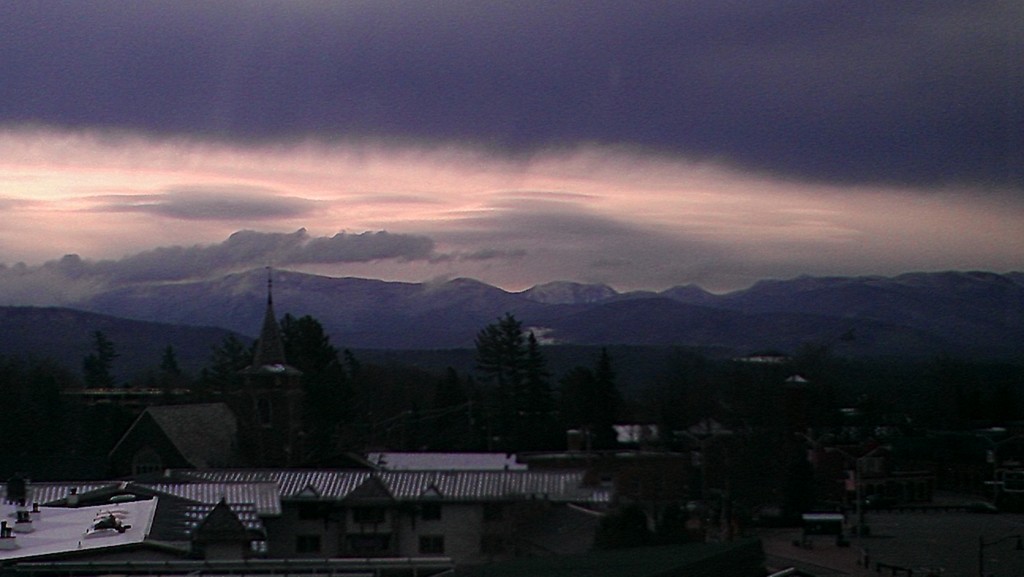 Climate change discussions involve two groups of people: those who’ve spent a lot of time researching the issues and have strong opinions (in whatever direction), and those who haven’t put much time in.
Climate change discussions involve two groups of people: those who’ve spent a lot of time researching the issues and have strong opinions (in whatever direction), and those who haven’t put much time in.
Among the second group, anything confusing tends to lead to throwing up their hands and disengaging from debate—which is problematic because climate change is a big deal and we need more people thinking about it. Lately, I’ve noticed a lot of people conflating two issues that relate to climate change, and it seems to directly cause a lot of misunderstanding.
The issues are scarcity and overabundance.
We can expect scarcity of fossil fuels to dominate the energy market at some point in the future. Because the process of making fossil fuels takes many hundreds of human lifetimes, these resources are essentially finite as far as we’re concerned. Since we’re using them up, the amount that’s still available will go down, become more precious, and become more politically contentious. Dependence on fossil fuels will become an even bigger lever in global politics because it will be critical to become or stay friendly with nations that possess fuel reserves.
We can expect climates to change as long as the atmosphere has an overabundance of carbon, and to change faster as the level rises. Storms get nastier, droughts get longer, and a host of other stuff happens (on macro scale). This is largely independent of the chemical source of the carbon, and it’s also somewhat independent of national politics because we’re all sitting on the same planet (although island nations getting flooded and nations with no agriculture because of prolonged drought will think of it politically).
So what?
In recent elections, we’ve heard a lot about “clean coal”. Most of what I’ve read suggests that “clean coal” isn’t really a thing, since burning coal puts carbon (and particulates, and other things, …) into the atmosphere whether it’s “clean” or not. This still contributes to the carbon overabundance problem no matter how you deal with it, because it’s still burning fossil fuels.
People talk about opening more of Alaska’s oil fields (or the national strategic petroleum reserves, fracking the Finger Lakes, drilling (baby, drilling!) in the Gulf of Mexico, etc.) as an important step in securing America’s energy independence. This directly addresses one of the fuel scarcity concerns: that a nation dependent on oil is subject to unavoidable pressure from other nations if it cannot supply its needs itself.
But dealing with fuel scarcity and international pressure by doing mountaintop removal coal mining in West Virginia does nothing to deal with the fact that burning that coal will still contribute to the overabundance of carbon dioxide in the atmosphere. It doesn’t matter where the coal comes from; if you burn it, the CO2 level goes up and we burn.
No really, so what?
We cannot solve the climate change crisis without addressing both parts: the scarcity of fuels we need and the overabundance of carbon in the atmosphere. To claim that we can fix it by solving one thing without fixing the other is to lie. Converting to natural gas or ethanol isn’t going to help.
Domestic sources of fossil fuels buy us time, perhaps, on the scarcity front—but we still lose the war if global atmospheric carbon rises above the tipping point. Independence doesn’t matter if your nation is under water. We have to solve both problems.





